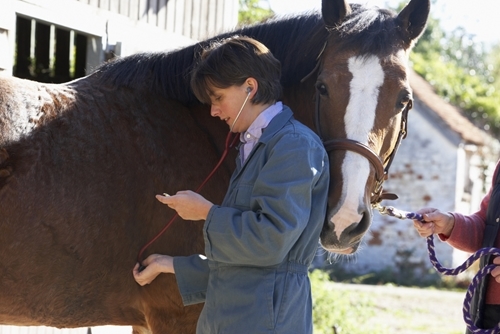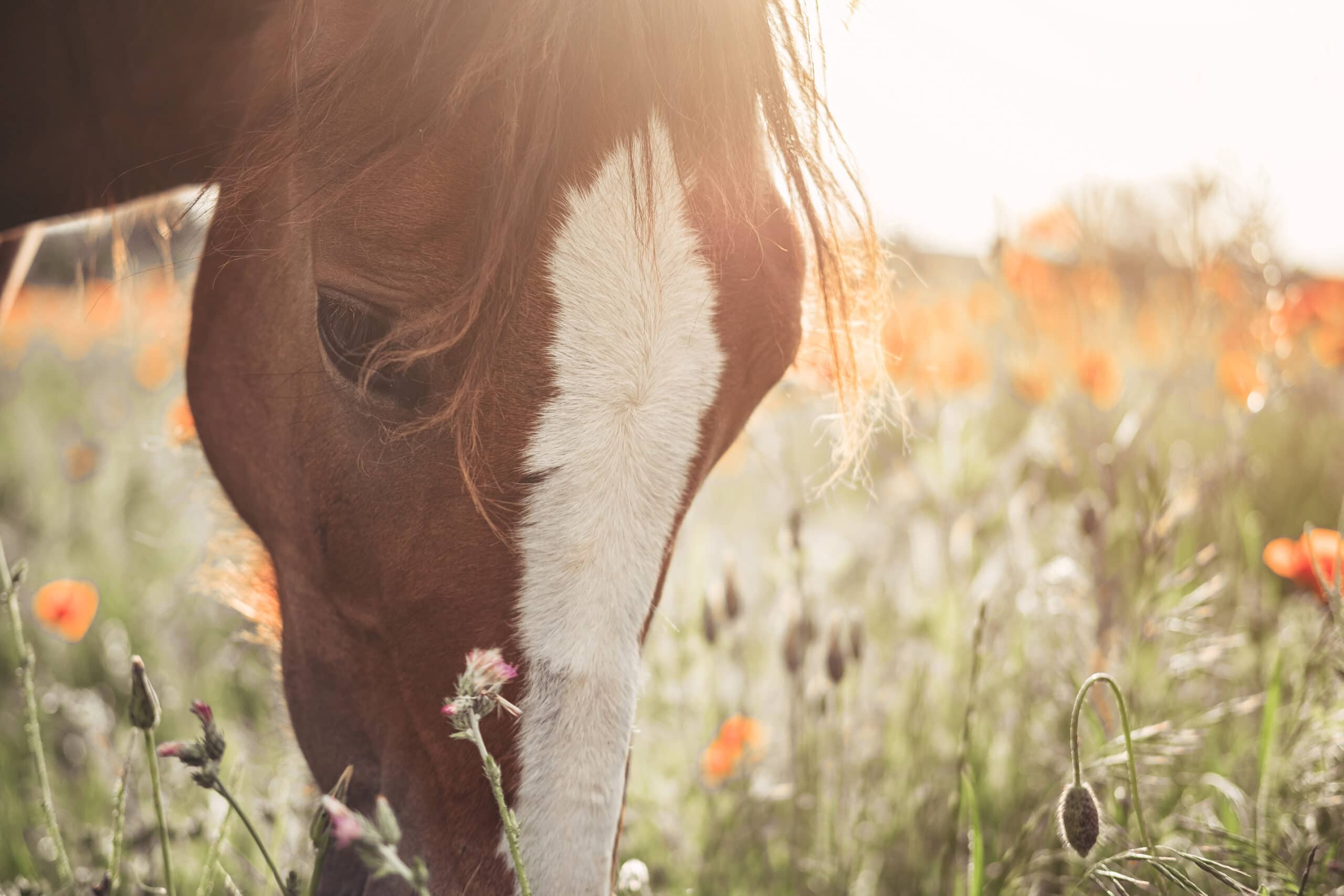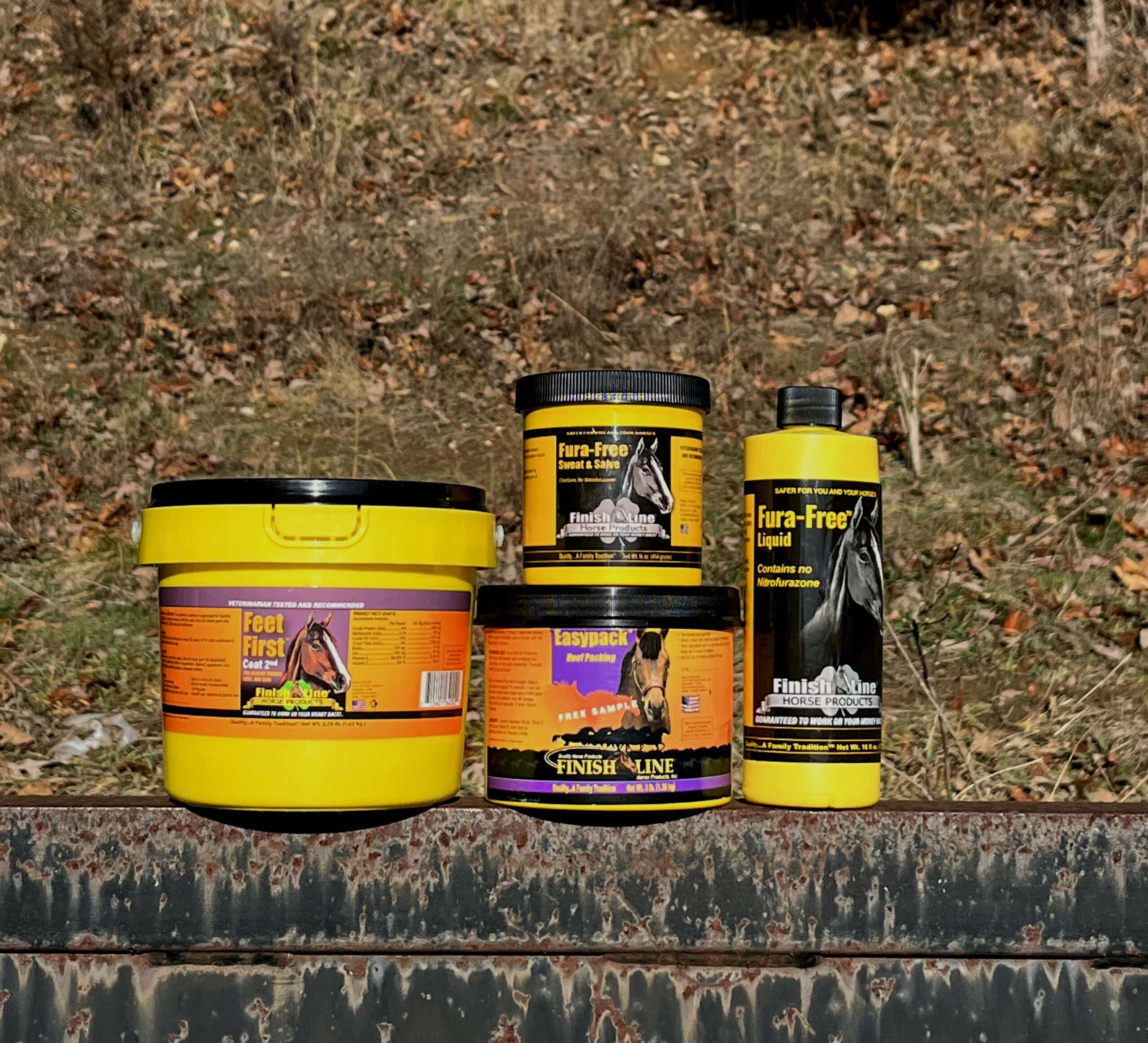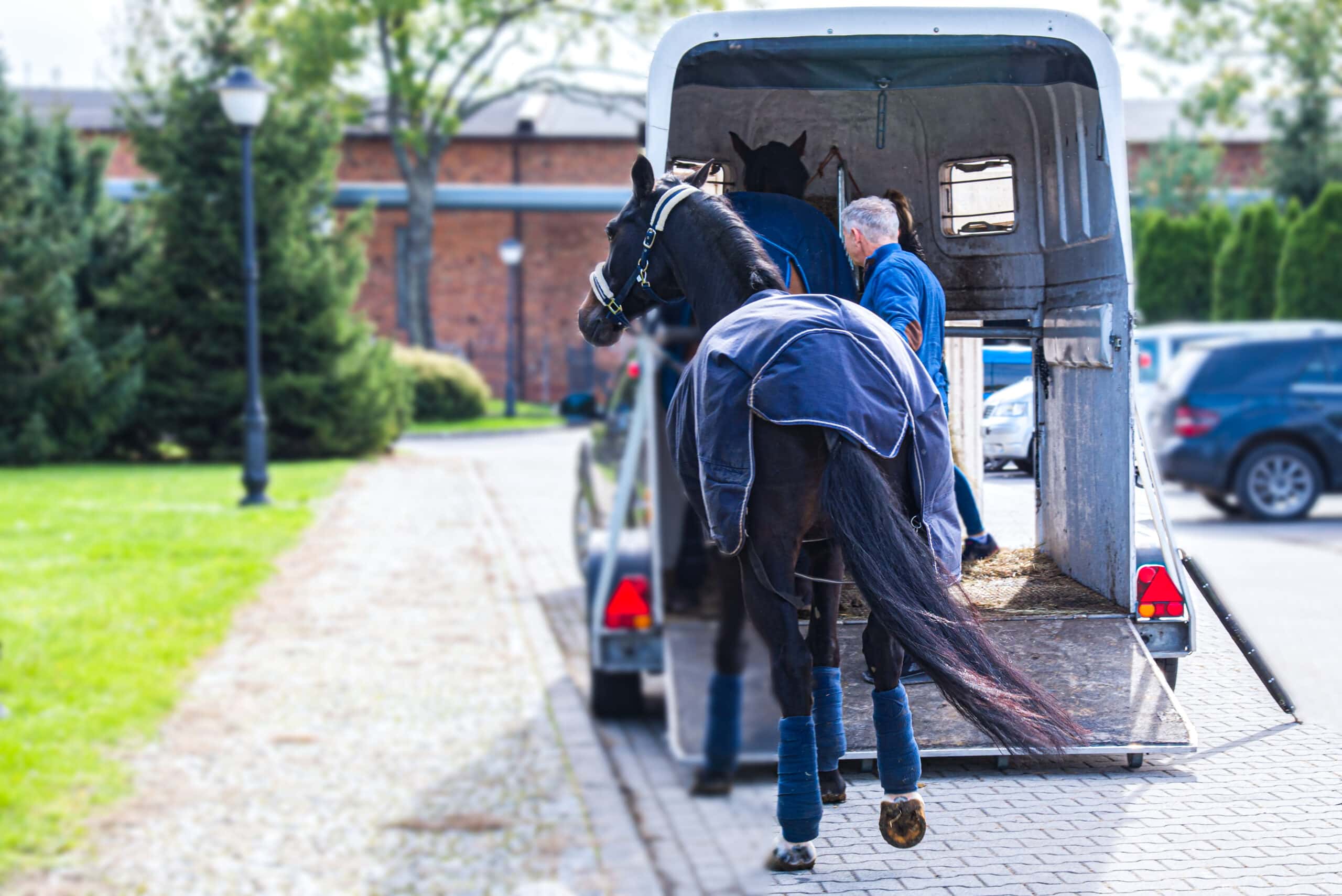Zoonoses are those diseases that are capable of being transmitted from animals to humans. Because humans and animals share much of the same biology, there are a number of ailments capable of being hosted by animals before infecting humans and vice versa. For horse owners, there are two important zoonoses to look out for, rabies and leptospirosis.
Rabies
Though rare, rabies is one of the deadliest equine zoonoses that horse owners need to be on the lookout for. The disease is caused by a Lyssavirus infection, usually as the result of a bite by a rabid animal. The virus lives in the saliva of an infected horse and can spread to humans through an open wound or mucous membrane. As such, veterinarians need to be careful when examining a horse that has displayed unusual clinical signs.
Rabies is a difficult disease to diagnose because the symptoms are so diverse. The virus attacks the central nervous system, resulting in ataxia, muscle weakness, colic, lameness, loss of tail, anorexia, and fever. Though it may seem that rabies could look like anything, it is important to stay cautious, as the disease is mostly fatal in both humans and horses.
If you fear you have been infected by a rabid horse, there are a few things you can do. First, if possible, clean the entry wound extensively with warm soap and water. Doing so greatly reduces the number of viral organisms that can enter your bloodstream. Then, contact your doctor and see if further postexposure prophylaxis is necessary. A rabies vaccine for you and your horse will go a long way toward preventing the contraction of the disease.
Leptospirosis
Leptospirosis has the unfortunate distinction of being one of the most common equine zoonoses and is also potentially fatal. It is caused by the Leptospira bacteria which infects horses through urine and standing water. The bacteria can enter the animal’s system through a minor cut or any mucous membrane. Drinking contaminated standing water is one of the primary sources of infection.
Horses that are suffering from leptospirosis will display fever, loss of appetite, and a variety of eye-related issues. One of the most visible symptoms is called moon blindness or equine recurrent uveitis (ERU). This condition is not actually directly caused by the leptospira bacteria, but rather, is an effect of the immune system’s reaction to it. Ocular discharge, sensitivity to light, inflammation, and cloudiness in the cornea are all symptoms of this particular condition.









